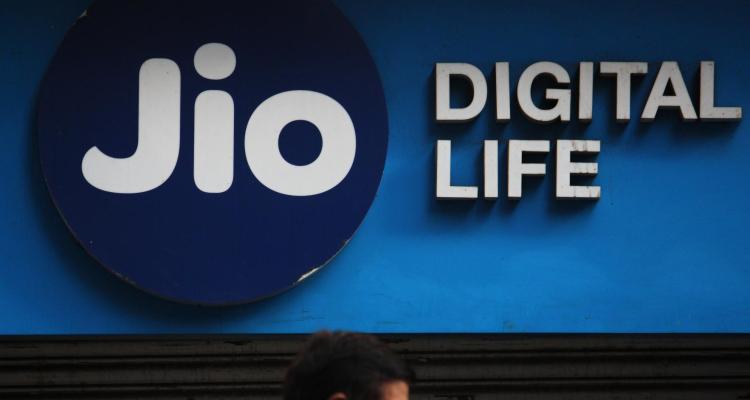Reliance Jio, the telecom operator that has revolutionized India with its generous data plans, has its eye on the next generation of internet users with its latest acquisition. The company said today that it has bought a majority stake in Haptik, a startup that develops ‘conversational’ platforms and virtual assistants, in a deal worth $100 million overall.
The transaction will see Jio will take an 87 percent stake in the company, with the remaining shares left for Haptik’s founding team and staff. The deal includes 230 crore ($33 million) to buy out existing backers and an investment of 470 crore ($67 million). Haptik, which was formerly a chatbot platform, had raised just over $12 million from investors, including a 2016 Series B worth $11 million from media investor Times Internet.
Haptik will continue to offer its enterprise service — which helps corporations develop and roll out voice- and text-based platforms — but it will also focus on helping Jio reach an increased audience of consumers in India, Haptik co-founder Aakrit Vaish told TechCrunch in an interview.
“As we go beyond [the current] 300 million internet users in India, people may not necessarily use apps or devices the same way they do now, particularly because of the language barrier,” he explained. “Voice will be a cornerstone of how vernacular India will engage with many things, be it apps, websites, phones and other devices.”
Jio’s aggressive data plan strategy, which started with free voice calls and free 4G data, disrupted India’s telecom market and forced the incumbents to move quicker and reduce prices — mobile data is reportedly now cheaper in India than anywhere else on the planet. It was, of course, a huge hit with consumers. The operator has consistently led on 4G subscriber numbers and it is ranked third overall with over 280 million customers, or around 23 percent market share. Clearly, keeping up with what’s next is a critical part of its plan to grow bigger still.
Vaish said Haptik wasn’t under pressure to sell but the team found an “ideal match in terms of philosophy” with Jio, which is also exploring alternative ways to enable consumers to interact with its devices and service. The company has a ‘Hello Jio’ assistant on its devices, and Haptik may help it further its strategy in the future although Vaish said that hasn’t been nailed down at this point.
Jio is allowing Haptik to continue to work with customers because, at this point, enterprise services are the “only proven business” for conversational platforms, Vaish said. Still, he’s adamant that the deal — which he describes more as a strategic partnership than acquisition — will give Haptik the resources it needs to grow whilst also providing a level of autonomy within Reliance Jio.
That’s singing from the same hymn sheet as Akash Ambani, director at Reliance Jio, who said in a statement that the deal will “boost” Jio’s ecosystem and multi-lingual services.
“We believe voice interactivity will be the primary mode of interaction for Digital India,” he said. “We are delighted to announce this partnership, and look forward to working with the experienced team of Haptik in realizing this vision for offering greater connectivity and rich communication experiences to the billion-plus Indian consumers.”
Jio isn’t alone in going after more conversational interfaces. Flipkart, for one, acquired speech recognition startup Liv.ai last year to help reach new internet users and those more comfortable with vernacular languages. Beyond big companies, vernacular language apps like ShareChat — which drew investment from Xiaomi — and Velo from China’s ByteDance as seen as platforms that’ll be increasingly influential as internet access widens in India. In fact, there’s some concern that Chinese companies may already be too dominant in the country.
Unlike your traditional telco, Jio hasn’t been reluctant in cutting deals with tech companies and startups. To boost its ‘tech stack, it has acquired streaming service Saavn, which it merged with its own offering, bought AI platform Embibe, taken majority stakes in infrastructure companies DEN and Hathway, invested in Android alternative KaiOS and more.










